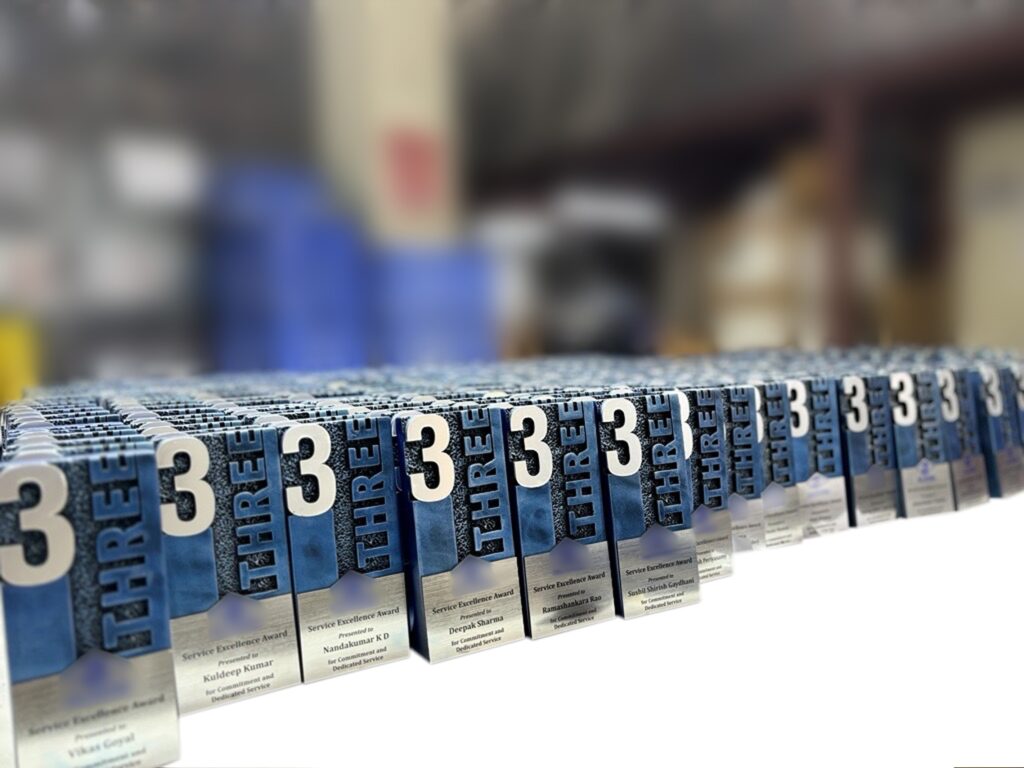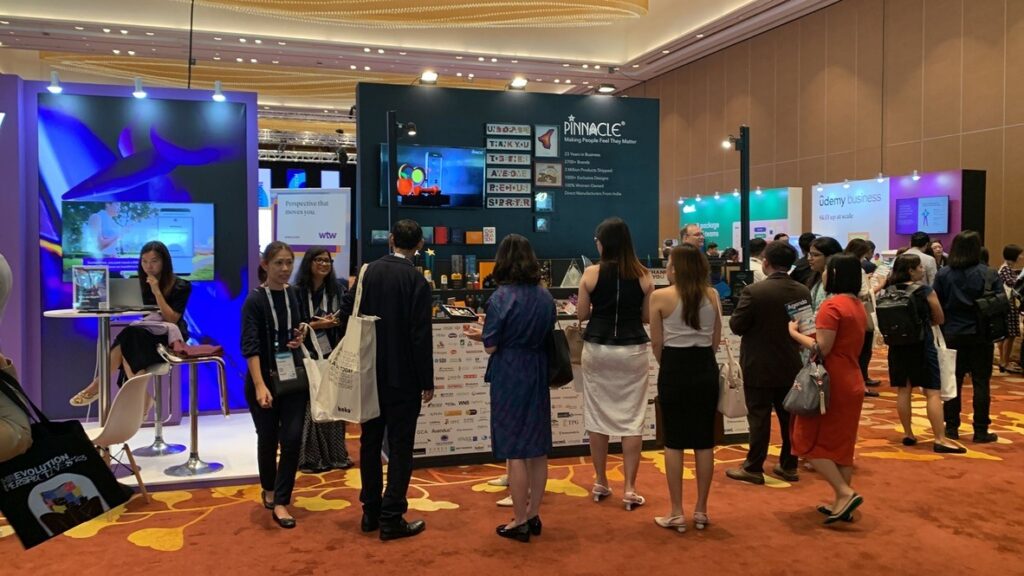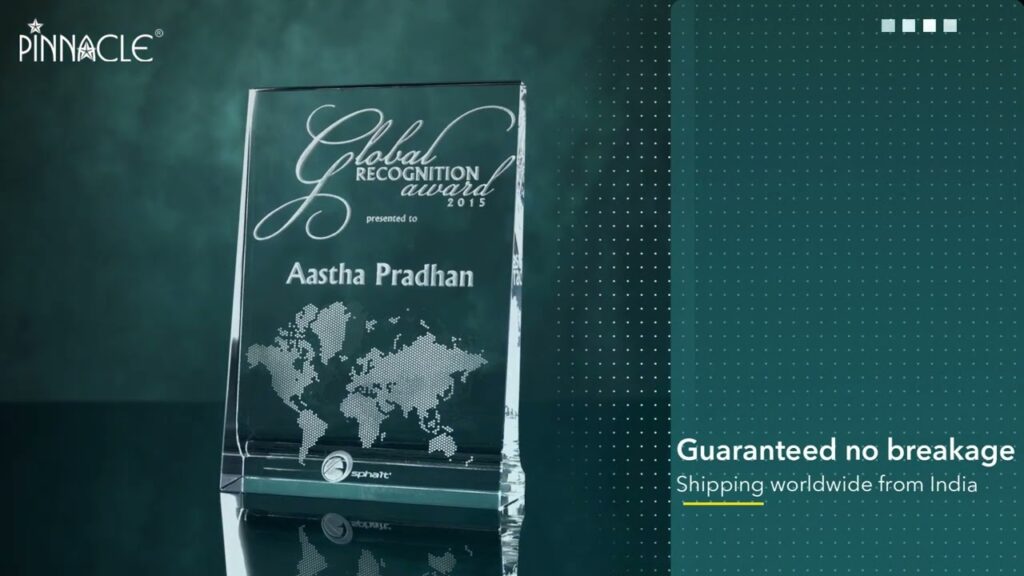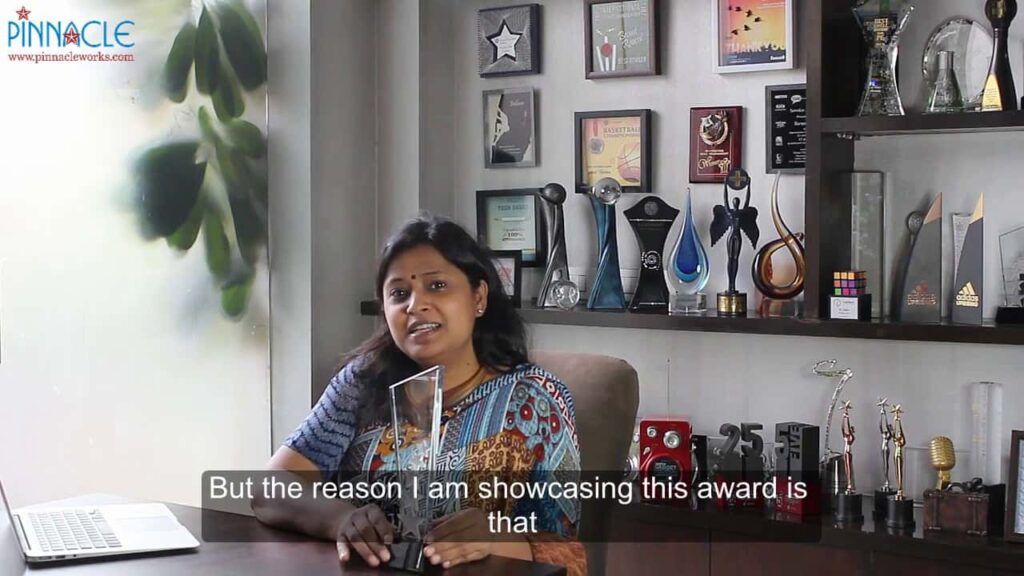Companies spend billions of dollars annually on recognition and incentives, yet survey after survey shows that the #1 reason that employees quit their jobs is because they did not feel appreciated. How can both these things be true?
After 22 years of studying the recognition in Indian companies, I have come to realise that there is a lot of confusion around recognition. When a company fails to understand what recognition is, it reflects in their Employee Recognition Programmes. They end up spending too much money without getting good results.
So what is recognition? My definition of recognition is as follows:
Recognition is seeing the real value of another person and expressing that well.
Good Managers whose teams outperform year-after-year know that when employees feel valued, they perform better. Such Managers are committed to fostering a culture of recognition and look for opportunities to appreciate their employees.
What Employees Say About A Company that gets Recognition Right
Companies with such a culture of expressing appreciation are ranked amongst the top places to work. These could be huge conglomerates, or smaller mom-and-pop shops. They could be technology companies, financial services companies or manufacturing factories with 1000s of blue collar workers. People are happy to work for such companies, they like coming to work everyday and they are not looking to change their jobs. Why? Because they feel valued, they feel respected. And they feel that they have made a positive impact on the company’s overall performance and that their bosses and the management sees their contribution.
What Managers Say in a Company that gets Recognition Right
Managers who get recognition right really believe that the secret sauce to the company’s success (or failure) is its employees. They constantly look for ways to support their employees, encourage them to do better.
The Impact of Recognition
Think about it, who was your best boss? Who was your worst boss? Who did you go out of your way to perform well for? How hard did you work to solve the problems of the boss who didn’t have the time of day for you, or care about your growth, or one who you felt disrespected by?
In her book, “Make Their Day!” author Cindy Ventrice talks about an Executive who changed jobs and took with him some good performers from his old company. The new company they joined had a strong recognition culture, which this Executive also imbibed. In his words, adding a habit of recognition, created such a positive impact that the “good solid performers” that he had brought with him from his previous company “turned into star performers.” Imagine that! Imagine if your good performers all turned into star performers. What would your bottom line look like then?
Not only increased revenues, but a culture of recognition also contributes to high employee morale. Inadvertently, this translates to better customer service. And we all know that a happy customer means a loyal customer.
So what needs to Change?
In a nutshell, the mindset towards recognition needs to change.
- Develop a people-first mindset. Trust that if you put your people first, recognize and appreciate them every chance you get, then you will create a loyal army of employees who will bring their A game to work everyday, who will dig tunnels when needed to take the company out of problems, who will prioritise the company’s well being.
- Recognition is not an add-on programme, for good times. Recognition becomes even more essential during tough times. Because out-of-the-box thinking and determination to beat the odds, is what makes companies survive. You don’t want paper-pushers as employees, you want empowered free-thinkers who will bring you solutions.
- Lead with Recognition: This means that every employee interaction must have a trace of recognition in it. When you assign a job to a junior, praise their innate skill that makes them an excellent choice for execution of the task. When assessing project status, remember to thank the employees who have been working on it and got it this far. When things are not looking so good, share honestly and respectfully, offer suggestions for improvement, ask for help, remind each person that together you can beat any problem and come out stronger.
Top Universities, Businesses and Governments the world over have invested huge monies to research how to increase employee productivity and what kind of recognition programmes works best. Check out 3 Amazing TED Talks about Increasing Motivation & Productivity In the Workplace . If you would like to roll out an amazing recognition programme at your company or are looking to up your recognition game, then give us a call and we will give you amazing ideas tailor-made for your company, that will work within your timeline and budget.
——————————————————————————————————————
Pinnacle is an industry leader in Awards & Recognition, committed to bringing a culture of appreciation to the workplace, so that every employee feels valued. Since its inception in 2000, Pinnacle has served over 3000 brands, shipping over 3 million customised awards and gifts to 41 countries.
Connect with us for your Awards and Gifting Needs, we would love to hear from you. To learn more about Long Service Awards, please visit our website Or simply Call or Whatsapp us at +91 98105 05171. For domestic orders please email krishna@pinnacleworks.com For International orders please email mansi@pinnacleworks.com










